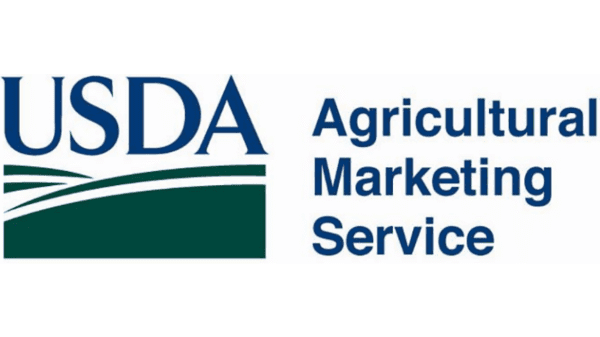Food safety litigator Bill Marler has attained a certain celebrity as a result of his appearance in Poisoned, which is presently one of the world’s most viewed documentaries.
While watching its premiere, he said, “I got thinking again about how little in the past 30 years I feel I have moved the needle on food safety”—a sentiment he also expressed in the film.

Marler has taken the opportunity to issue a food safety wish list on his website, Food Safety News. Publisher’s Platform: Post Poisoned – What to do with my Food Safety Magic Wand? | Food Safety News It includes mandatory vaccination of food workers for hepatitis A, listing all pathogens (such as Salmonella) as adulterants, and giving public health officials access “to all areas around farms that grow fruits and vegetables.”
Most relevantly to the produce industry, Marler writes, “It is time to shine some light on the safety of the products that we purchase at retail and make the whole chain of distribution—including retailers—transparent and accountable. It is time to bring back a more robust version of the Microbiological Data Program (MDP). For a time, the MDP tested fresh fruits and vegetable for human pathogens and when found the tests prompted outbreak investigations and recalls. The industry embarrassed, had the program killed.”
The MDP was a federal initiative launched in 2001 to collect information on the “prevalence of harmful bacteria in fresh produce,” according to the website of USDA’s Agricultural Marketing Service (AMS). “These datasets and reports provide data obtained through testing of fresh fruit and vegetables for the presence of Salmonella, Listeria monocytogenes, Shigella, and pathogenic E. coli. Produce samples were collected from more than 600 food distribution sites within the continental United States. The testing was performed by State Department of Agriculture laboratories that participated in the program and AMS’ National Science Laboratory.”
In 2012, on the recommendation of the Obama administration, the House Appropriations Committee canceled the program, stating, “While food safety is a vitally important part of successfully marketing produce and other agricultural products, other federal and state public health agencies are better equipped to perform this function.”
An odd statement: other agencies may be better equipped to fulfill this function, but this is not to say that they are actually doing so.
Indeed, “Food safety advocates including Congresswoman Rosa DeLauro (D-CT) have pointed out that no other agency appears ready to step in and conduct the testing, while the produce industry argues that the testing failed to benefit public health,” according to a 2013 article in Food Engineering.
Food Safety News editor Dan Flynn savaged the cuts in a 2012 editorial: Letter From The Editor: Blood | Food Safety News “Big Fresh has the blood on its hands. The big fruit and vegetable lobby managed to kill a little food safety program that cost this $3 trillion government a grand total of $5 million annually. Chump change.
“Big Fresh meanwhile has its snout so far up the 2012 Farm Bill trough that it’s going to reap hundreds of millions of dollars worth of business for fruit and vegetable growers. . . . But nothing for the little ‘trip wire’ that was out there catching pathogens in fruits and vegetables.”
“Big Fresh,” by the way, is the United Fresh Produce Association—the parent of today’s International Fresh Produce Association (IFPA).
Recent comments from IFPA indicate that it may be friendlier to a more muscular approach to microbial safety in fresh fruits and vegetables than was its progenitor.



